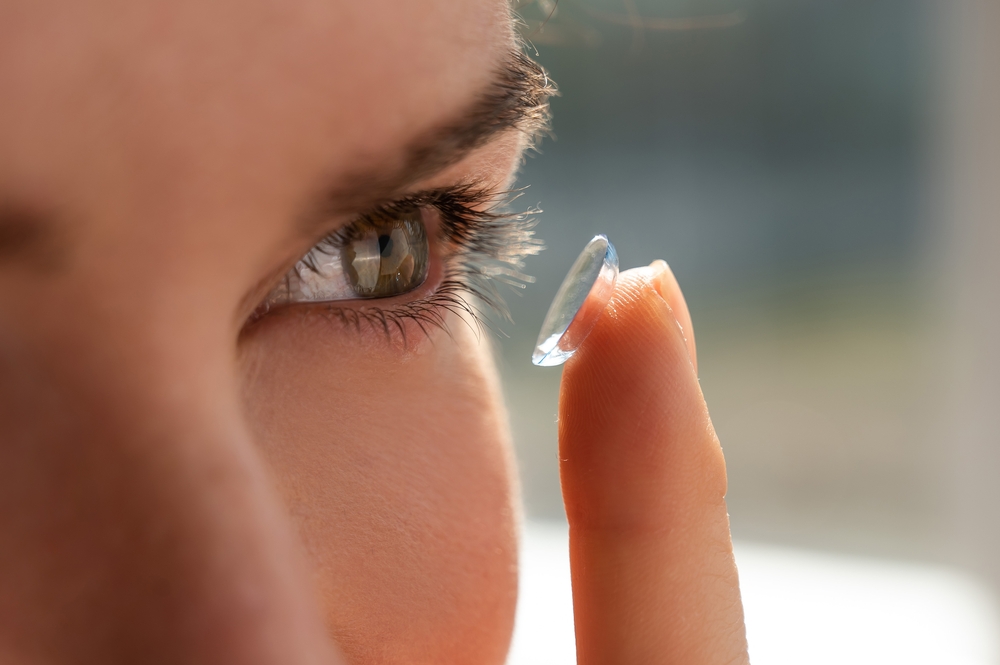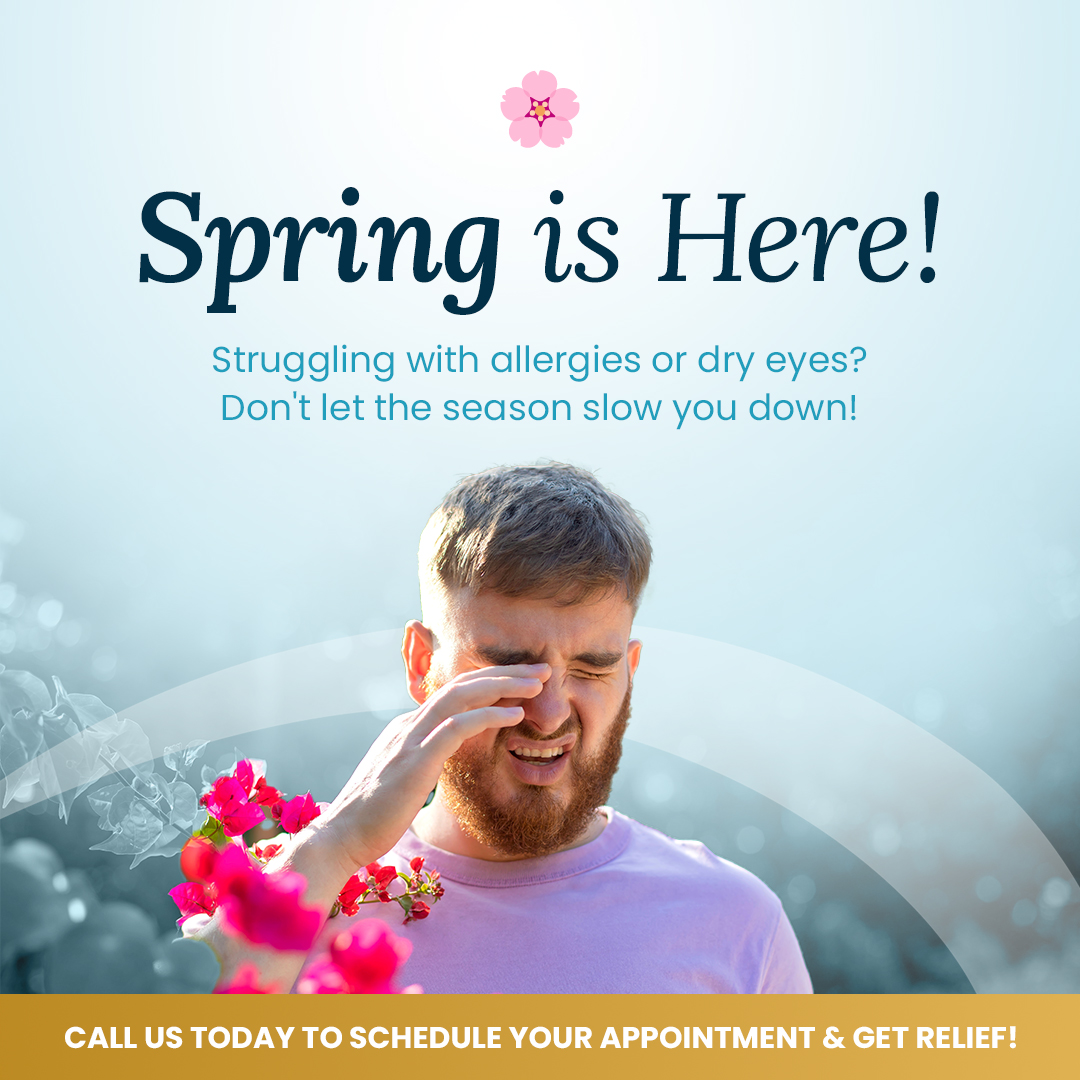
Dry eyes, a prevalent condition, occur when your eyes do not produce enough tears or the tears evaporate too quickly. This can lead to discomfort, irritation, and even vision problems. Several factors can contribute to dry eyes, including aging, certain medical conditions, environmental factors, and even the prolonged use of contact lenses.
As we age, our tear production naturally decreases, making us more susceptible to dry eyes. Medical conditions such as Sjögren's syndrome, blepharitis, and meibomian gland dysfunction can also disrupt the delicate balance of tear production and evaporation. Environmental factors like dry, windy, or air-conditioned climates can exacerbate the problem, as can prolonged screen time and certain medications.
If you're experiencing dry eyes, it's essential to understand the underlying causes and work with your eye care professional to find the best solution for your specific needs.
Common Symptoms of Dry Eyes
The symptoms of dry eyes can range from mild discomfort to severe pain and vision problems. Some of the most common symptoms include:
- Burning, stinging, or scratchy sensation in the eyes
- Redness or irritation
- Sensitivity to light or wind
- Blurred vision or eye fatigue
- Feeling like there is something in your eye
- Excessive tearing
If you're experiencing any of these symptoms, it's important to seek the advice of an eye care professional, who can diagnose the underlying cause and recommend the appropriate treatment.
Specialty Contact Lenses for Dry Eyes
For individuals with dry eyes, traditional contact lenses can often exacerbate the problem, leading to increased discomfort and vision problems. However, there are several specialty contact lens options designed specifically to address the unique needs of those with dry eyes.
These specialty lenses are engineered to provide enhanced comfort, improved tear retention, and better overall eye health. They can be made from a variety of materials, including silicone hydrogel, gas-permeable, and scleral designs, each with its own set of benefits.
- Silicone Hydrogel Lenses: These lenses are highly breathable, allowing more oxygen to reach the cornea and reducing the risk of dryness. They are often designed with a high water content, which can help maintain moisture on the eye's surface.
- Gas-Permeable (GP) Lenses: GP lenses are made from rigid, oxygen-permeable materials that allow for greater tear exchange and reduced dryness. They can provide crisp, clear vision and are less prone to protein and lipid buildup, which can contribute to dry eye symptoms.
- Scleral Lenses: Scleral lenses are large-diameter contact lenses that rest on the white part of the eye (the sclera) rather than the cornea. They create a reservoir of fluid between the lens and the cornea, helping to maintain moisture and reduce dryness. Scleral lenses can be particularly beneficial for individuals with severe dry eye conditions or irregular corneal shapes.
- Hybrid Lenses: Hybrid lenses combine the benefits of both soft and gas-permeable materials, offering the comfort of a soft lens with the clarity and oxygen permeability of a GP lens. They can provide a good balance of comfort and vision for those with dry eyes.
When choosing a specialty contact lens for dry eyes, it's essential to work closely with your eye doctor to determine the best option based on your specific needs and eye health.
Benefits of Using Specialty Contact Lenses for Dry Eyes
Switching to specialty contact lenses designed for dry eyes can provide a range of benefits, including:
- Improved Comfort: Specialty lenses are often made from materials that are more breathable and less irritating to the eyes, reducing the discomfort associated with dry eyes.
- Enhanced Tear Retention: Some specialty lenses are designed to help retain tears on the eye's surface, keeping the eyes better lubricated and reducing dryness.
- Reduced Inflammation: Certain specialty lenses can help alleviate inflammation and redness, which are common symptoms of dry eyes.
- Better Visual Acuity: By addressing the underlying causes of dry eyes, specialty lenses can help improve visual clarity and reduce eye strain.
- Increased Wearing Time: With improved comfort and reduced dryness, individuals with dry eyes may be able to wear their contact lenses for longer periods without discomfort.
Incorporating specialty contact lenses into your dry eye management plan can be a game-changer, helping you achieve greater comfort, clearer vision, and a better overall quality of life.
Book Your Consultation with Inland Family Optometry Today
Dry eyes can be a frustrating and debilitating condition, but with the right approach and the use of specialty contact lenses, you can find relief and maintain clear, comfortable vision. By understanding the causes of your dry eyes and working closely with your eye care professional, you can explore the various specialty lens options and develop a comprehensive management plan that addresses your unique needs.
If you're struggling with dry eyes and want to explore your specialty contact lens options, schedule a consultation with Inland Family Optometry. We can help you find the right solution to alleviate your symptoms and improve your overall eye health and comfort. Visit our office in Rancho Cucamonga, California, or call (909) 345-6100 to book an appointment today.













